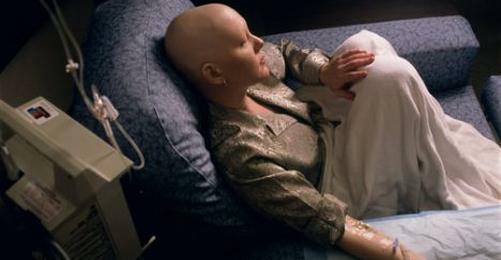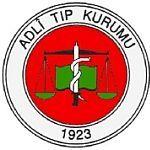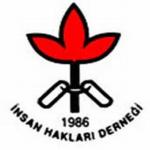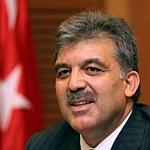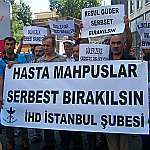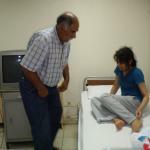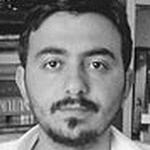The Human Rights Association (IHD) wants President Abdullah Gül and Minister of Justice Sadullah Ergin to take action concerning severely ill prisoners and convicts.
IHD claims: "We as human rights defenders expect the President and the Minister of Justice, who both hold the power of pardon, to stop those deaths. Politics have to be built on making people live."
Six people died from illnesses
According to İHD, six people died from health problems in prison this year: Mustafa El Elçi, Gurbet Mete, Hasan Kert, Beşir Özer, Recep Çelik, and İsmet Ablak. The association emphasized that right now there are another 19 people severely ill in penitentiaries.
The President holds the power of pardon for ill and disabled convicts. Gül, who pardoned religious politician Necmettin Erbakan in the past, explained in his latest statement that for a pardon the referring file has to be brought up. This can also be done by the Justice Ministry or the Presidency Secretary. After this announcement, İHD president Öztürk Türkdoğan told bianet that it would be very easy to obtain a list of severely ill detainees if Gül directed a pardon or the Ministry of Justice started the procedure.
"Forensic Medicine analysis is too late"
The İHD emphasized that Gül was too late when he ordered an analysis from the Forensic Medical Institute.
İHD explains that the Forensic Medical Institute hands out or validates the reports needed for a decision to postpone the prosecutor's penalty for the treatment of a severely ill person. IHD claims that reports from general university hospitals should be sufficient. As an example, İHD illustrates the case of Güler Zere from Elbistan Prison, who is ill with cancer. She spent 14 hours for a five minutes examination because the prosecutor required a report from the Forensic Medicine Institute. Head of the 3rd Specialization Committee Nur Birgen issued a report to Zere, saying the treatment could be continued in the convicts' ward of the hospital. Yet, according to a report from the Çukurova University Forensic Medical department, Zere's treatment was impossible in that ward. Birgen had been fined with a disqualification penalty earlier because she had covered up a case of torture.
"Easy release for Ergenekon detainees, rigid application for political detainees and convicts"
İHD pointed out that within the context of the Ergenekon trial and interrogation, seven detainees were released, among them two generals. "Together with Arif Doğan, journalist Ayşe Asuman Özdemir, Workers' Party Vice President Ferit İlsever, retired General Şener Eruygur, retired General Hurşit Tolon, Prof. Dr. Erol Manisalı, and Uludağ Üniversity Rector Prof. Dr. Mustafa Yurtkuran, were released. As far as the military is concerned, the laws are as flexible as an elastic band, but for political detainees and convicts the laws are interpreted severely. This double standard may not bother the conscience of judges, of the government, of the military and the AKP administration. But it makes our conscience bleed."
Kuddusi Okkır was detained in the course of the Ergenekon case. He went from hospital to hospital for months. A few days after he was finally released he passed away.
According to the İHD report, 37 people died in prison in 2008.
"Healthy detainees become ill in prison"
İHD underlined that the bad conditions with overcrowded wards, bad handling by the management and arbitrary applications lead to a situation where healthy detainees increasingly fall ill with diseases as severe as cancer. (TK)





